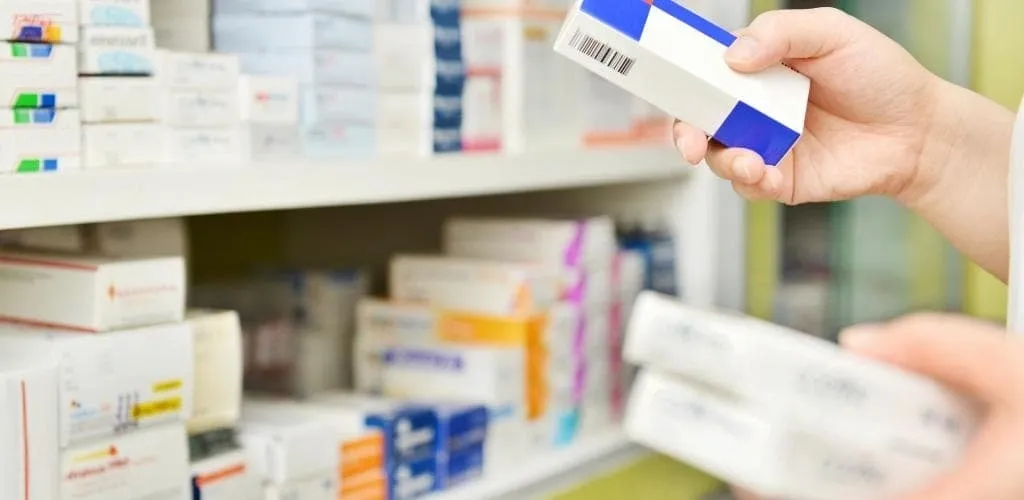
In today’s highly competitive pharmaceutical landscape, standing out from the crowd is essential for pharmacies to thrive. One way to achieve this is through pharmacy accreditation. Accreditation not only signifies compliance with quality standards but also demonstrates a commitment to excellence in patient care. In this article, we will delve into the significance of pharmacy accreditation and explore its various benefits for both patients and pharmacies alike.
What is Pharmacy Accreditation?
Pharmacy accreditation refers to the process of evaluating and validating a pharmacy’s compliance with industry standards and best practices. It involves a rigorous assessment of a pharmacy’s operations, systems, and patient care practices by an independent accrediting body. Accreditation serves as a seal of approval, assuring patients and other stakeholders that a pharmacy meets or exceeds the prescribed quality standards.
The Importance of Pharmacy Accreditation
Ensuring Patient Safety and Quality Care
For pharmacies, accreditation translates into enhanced patient safety and improved quality of care. Accredited pharmacies adhere to stringent protocols and guidelines, ensuring that medications are stored, dispensed, and managed in a safe and reliable manner. The accreditation process evaluates critical aspects such as medication management, patient counseling, and adherence to regulatory requirements, all of which contribute to maintaining high standards of care.
Enhancing Pharmacy Reputation
Pharmacy accreditation plays a pivotal role in shaping a pharmacy’s reputation in the industry. Accredited pharmacies are recognized for their commitment to excellence, which resonates with patients, healthcare providers, and insurance companies. This recognition can result in increased trust and referrals from physicians, as well as stronger relationships with insurers, leading to a broader customer base and improved financial stability.
Facilitating Continuous Quality Improvement
Accreditation encourages pharmacies to adopt a culture of continuous quality improvement. Through the evaluation process, pharmacies receive valuable feedback and recommendations for enhancing their operations. These insights enable them to identify areas of improvement and implement effective strategies to optimize patient care, operational efficiency, and overall performance.
Meeting Regulatory Requirements
Pharmacy accreditation often aligns with regulatory standards set by governing bodies. By obtaining accreditation, pharmacies can demonstrate compliance with these requirements, safeguarding themselves from potential penalties and legal issues. Compliance with regulations not only protects the pharmacy’s reputation but also ensures the well-being of patients and upholds the integrity of the healthcare system.
The Benefits of Pharmacy Accreditation
Improved Patient Outcomes
Accreditation fosters a patient-centric approach, leading to improved health outcomes. Accredited pharmacies prioritize patient education, medication adherence, and personalized care plans, resulting in better management of chronic conditions and reduced adverse events. By leveraging accreditation to enhance their practice, pharmacies can positively impact patient health and overall well-being.
Competitive Advantage in the Market
With the healthcare landscape becoming increasingly competitive, pharmacy accreditation offers a significant edge to distinguish a pharmacy from its counterparts. Accredited pharmacies are perceived as reliable, trustworthy, and committed to high-quality care. This reputation attracts patients seeking superior services, helping pharmacies expand their customer base and gain a competitive advantage in the market.
Cost Savings for Patients and Payers
Pharmacy accreditation promotes cost-effective and efficient medication management practices. By implementing standardized protocols, accredited pharmacies reduce medication errors, minimize waste, and optimize inventory control. These measures lead to cost savings for both patients and payers, contributing to overall healthcare affordability and sustainability.
Conclusion
Pharmacy accreditation is a valuable investment for pharmacies aiming to differentiate themselves in the competitive healthcare landscape. It goes beyond mere compliance with standards by fostering a culture of continuous improvement, ensuring patient safety, and enhancing the overall quality of care.




